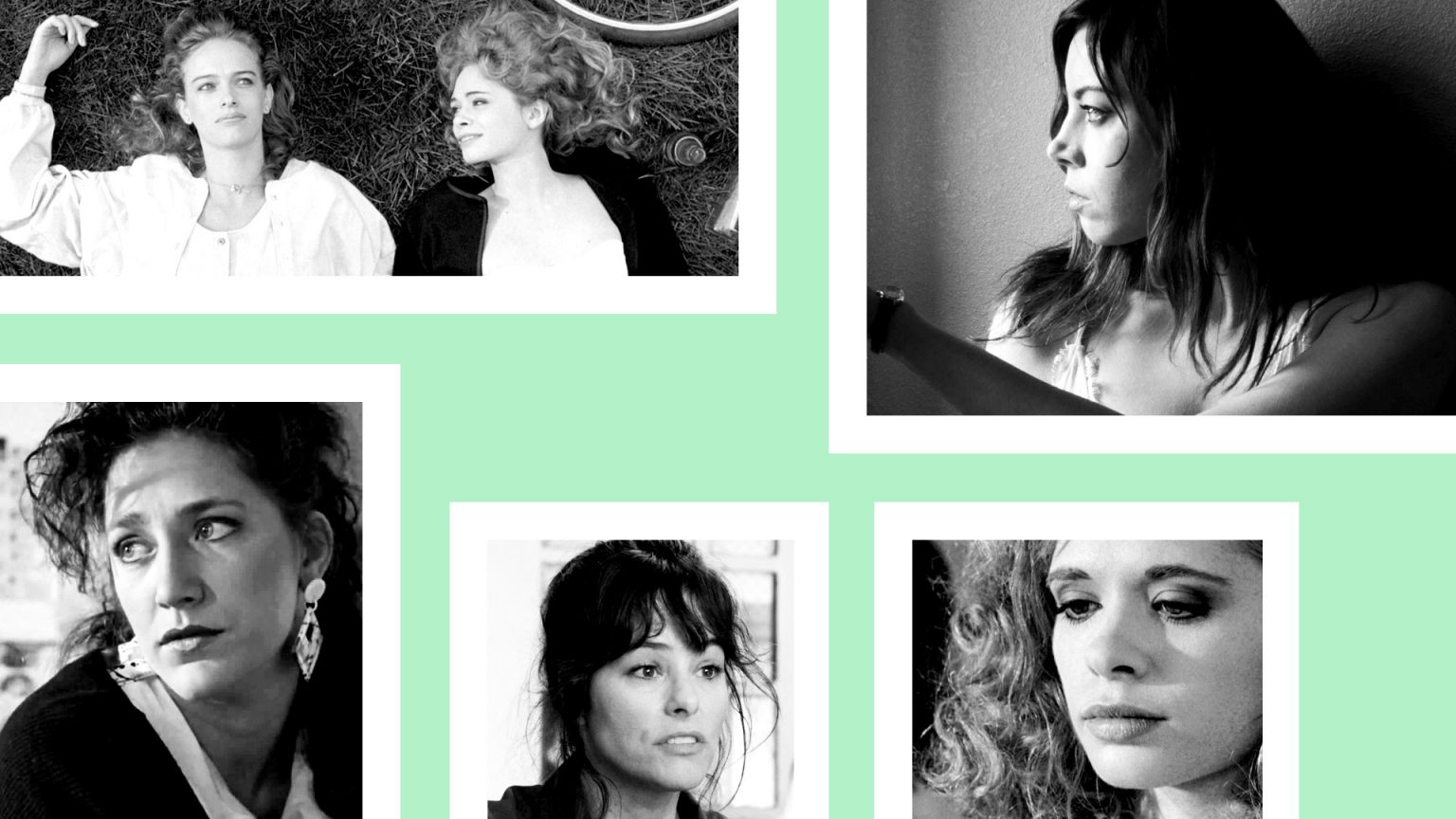The current zeitgeist is painfully cynical — chalk it up to modernism or the consistently disheartening news cycle. It begs the question: Where, in this small and frightening world, is Hal Hartley? In the 1990s, the indie pioneer was discussed among the likes of still-relevant mainstays such as Todd Haynes and Gus Van Sant. Hartley’s output was more prolific in that decade, with a new masterstroke releasing almost every year. That his formidable talent has gone unnoticed and unrewarded by mainstream audiences is made outright tragic by the potential for his movies — grounded, but realistically hopeful — to remedy the woes of our present moment.
Hartley is an auteur in every sense of the word, writing and directing while often scoring and producing his own films with an unmistakable presence. Incorporating the established styles of significant European directors such as Robert Bresson and Jean-Luc Godard with his informed working-class Americana experiences, Hartley’s work becomes something wholly unique and of its time.
Hartley’s dialogue stands out amidst the formalism and literary styles that he borrows from — his influences span intricate religious and philosophical texts, as well as inimitable writers such as James Joyce. Despite the density of the works that inspire him, Hartley’s films are fun and entertaining, imbued with a fantastic sense of humor that’s aware of the pretensions of high-brow art, but grateful for its wisdom. Furthermore, despite his romantic, classicist sensibilities and historical references, his films remain irrevocably modern, wearing progressive political values on their sleeves.
This liberal worldview manifests itself with humor in an aloof manner that does not mitigate any real-life ramifications — in The Unbelievable Truth, a staunchly capitalist high-school student blurts out “I don’t believe the criminal element can ever be completely rehabilitated,” before being proven wrong. And occasionally, Hartley is prescient. Some of his films’ satirical responses to a changing world have unfortunately come true. In Trust, a television mechanic laments the use of media as a form of manipulation, a discourse that’s continued throughout his works.
Still, Hartley’s work is loyally wedded to 1990s sensibilities, combining a DIY video aesthetic with a comfortable nostalgia, resulting in a spirit of freedom — in Surviving Desire, Martin Donovan’s character leads a three-man flash mob, and in The Unbelievable Truth, a small-town mechanic casually shreds an electric guitar.
But what truly proves to empower is Hartley’s sympathy for characters rejected by society — he redeems a reformed criminal in The Unbelievable Truth and turns a pregnant high school dropout into a saint in Trust. In his trilogy that comprises Henry Fool, Fay Grim, and Ned Rifle, Hartley turns James Urbaniak’s garbageman, Simon Grim, into a Nobel Prize-winning poet. Likewise, Parker Posey’s Fay — initially an aimless suburban alcoholic — becomes an international spy. Hartley’s characters are alienated from society and beaten by the systems that govern them, but they speak with witty sophistication and sing their cynicism via long-winded dialogues.
This penchant for characters and their development is invigorated by the people that play them. Hartley generally works with the same group of actors, though when able he features more celebrated performers: Jeff Goldblum plays one of Hartley’s only explicitly evil villains in Fay Grim, Helen Mirren plays a supporting role in No Such Thing, and Aubrey Plaza gives a career-best performance in Hartley’s latest 2014 feature, Ned Rifle. In spite of these well-known celebrity faces, however, it is almost impossible to imagine Hartley’s work without thinking of his collaborations with various, lesser-known muses: Adrienne Shelly, Posey, and Martin Donovan, along with Hartley’s wife Miho Nikaido appear most often in leading roles.
Ultimately though, what is most relevant, perhaps necessary, is Hartley’s simple humanism. He envisions a world clearer than this one. By forcing his characters to speak their minds and expose their internal desires and fears, he makes it easy for strangers to connect. This solidarity lends itself to an inherent optimism — growth is possible, art is found from all corners of life, and there are people out there for even the most ostracized souls.
Hartley’s films make the outside world more welcoming, even when it is clearly not. Despite Hartley’s current obscurity, his voice is valuable for our current era, even if many have yet to realize it.
Watch Now: The films of Hal Hartley.




